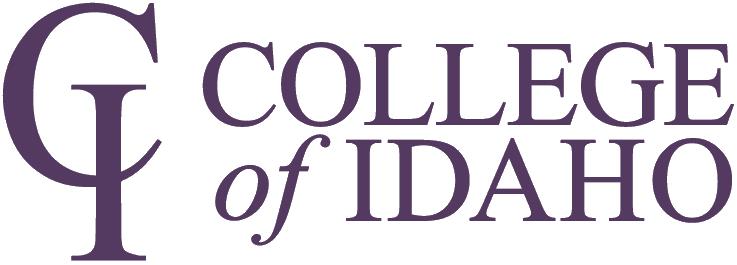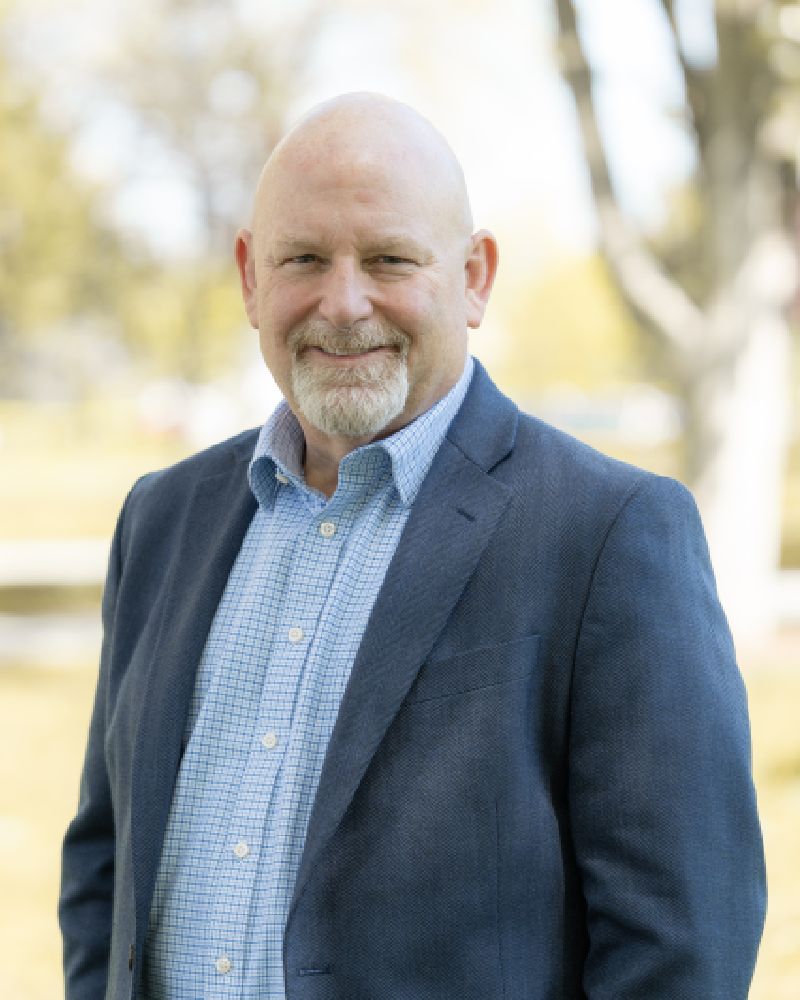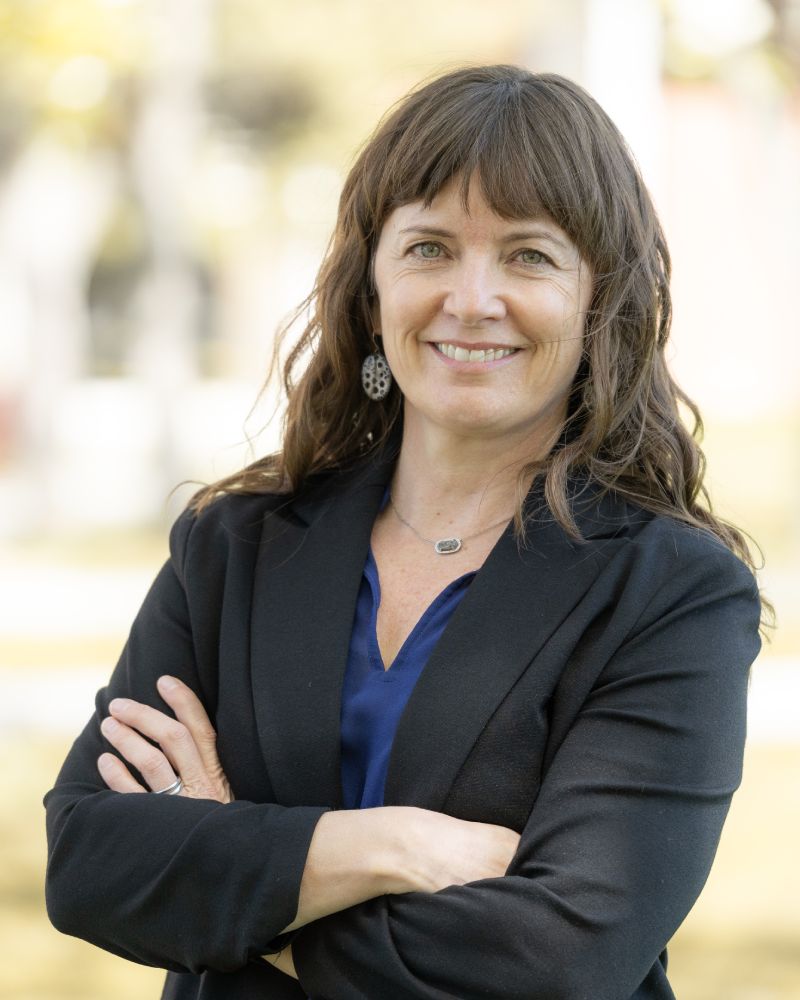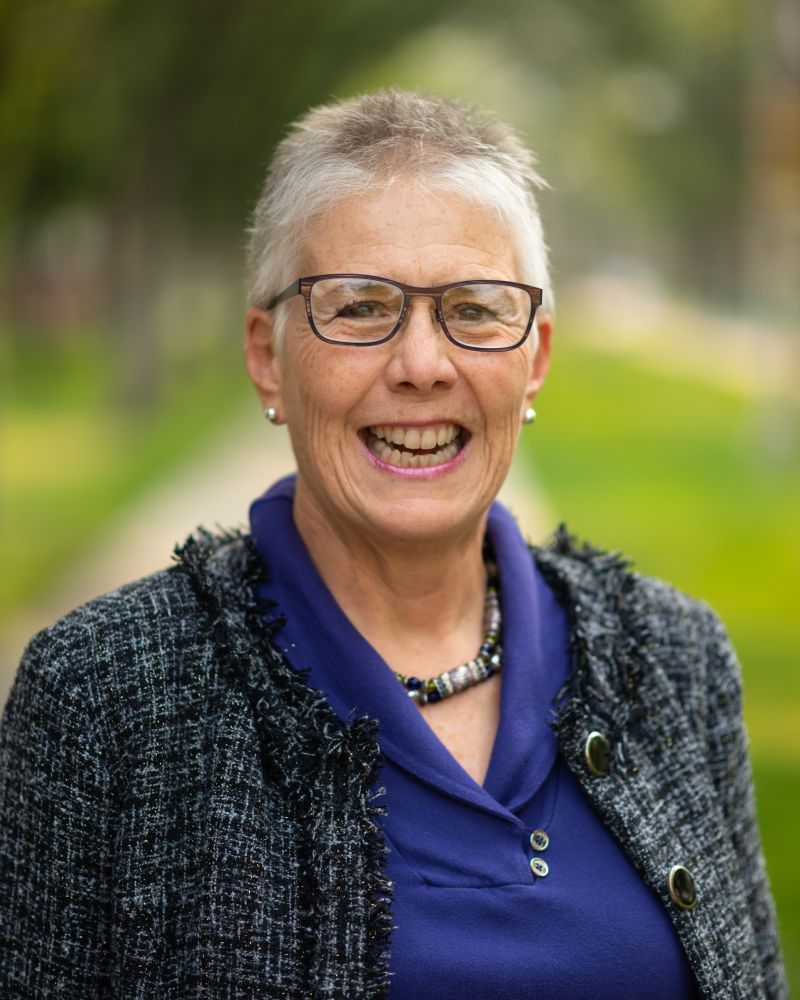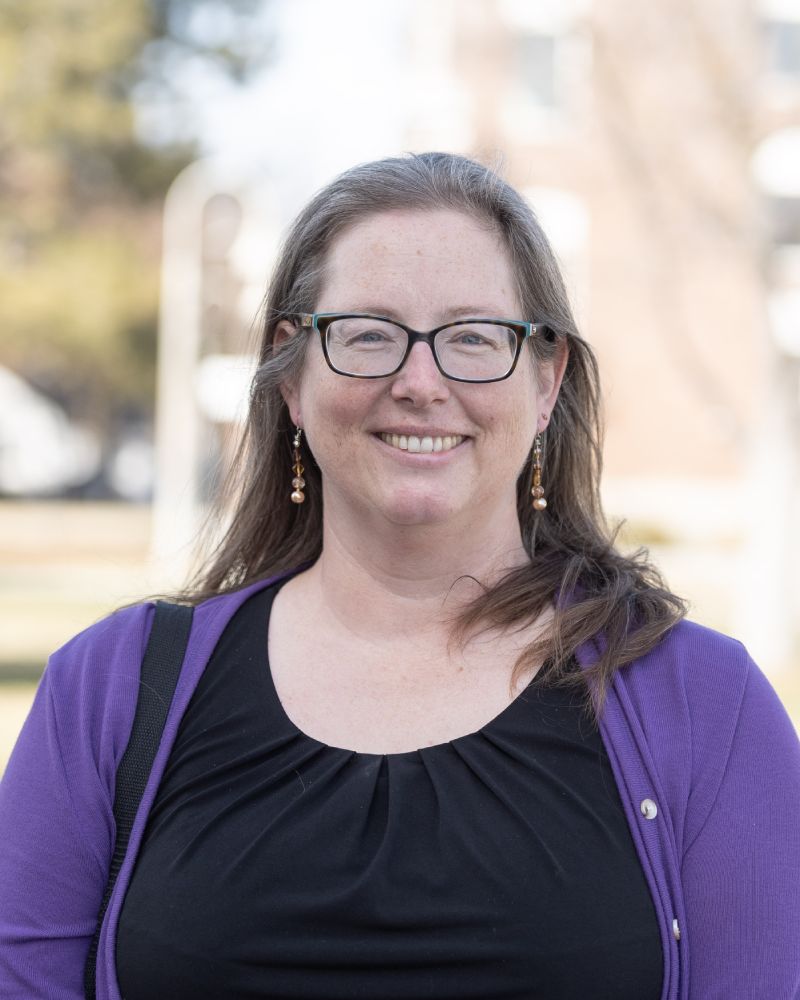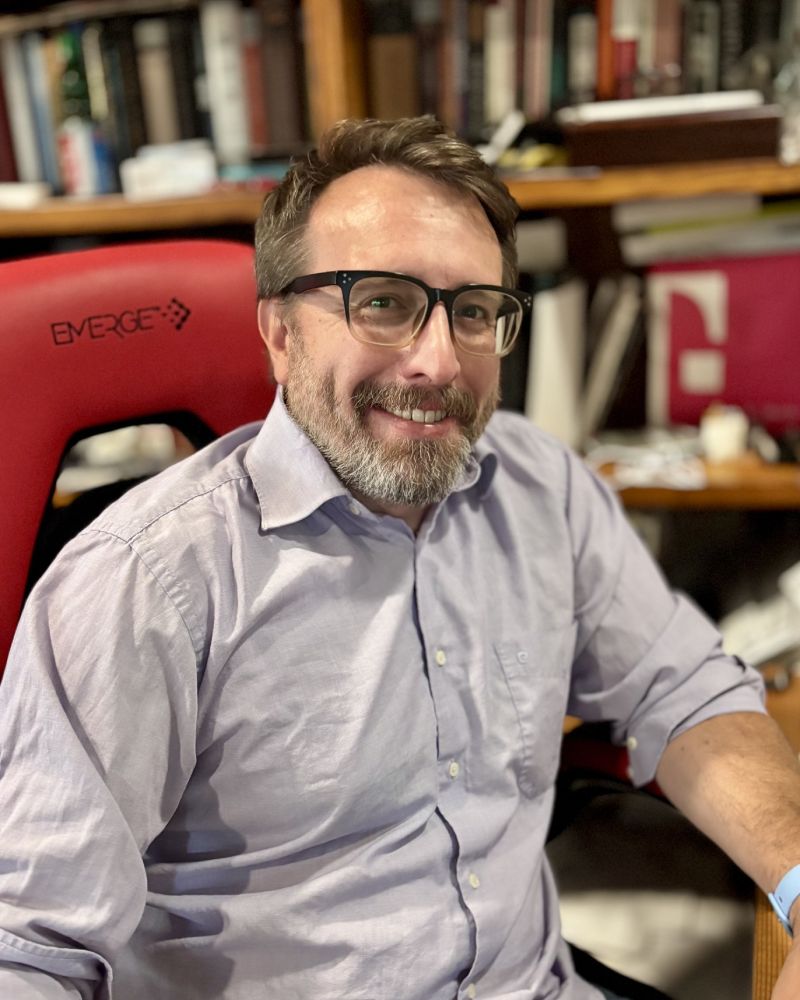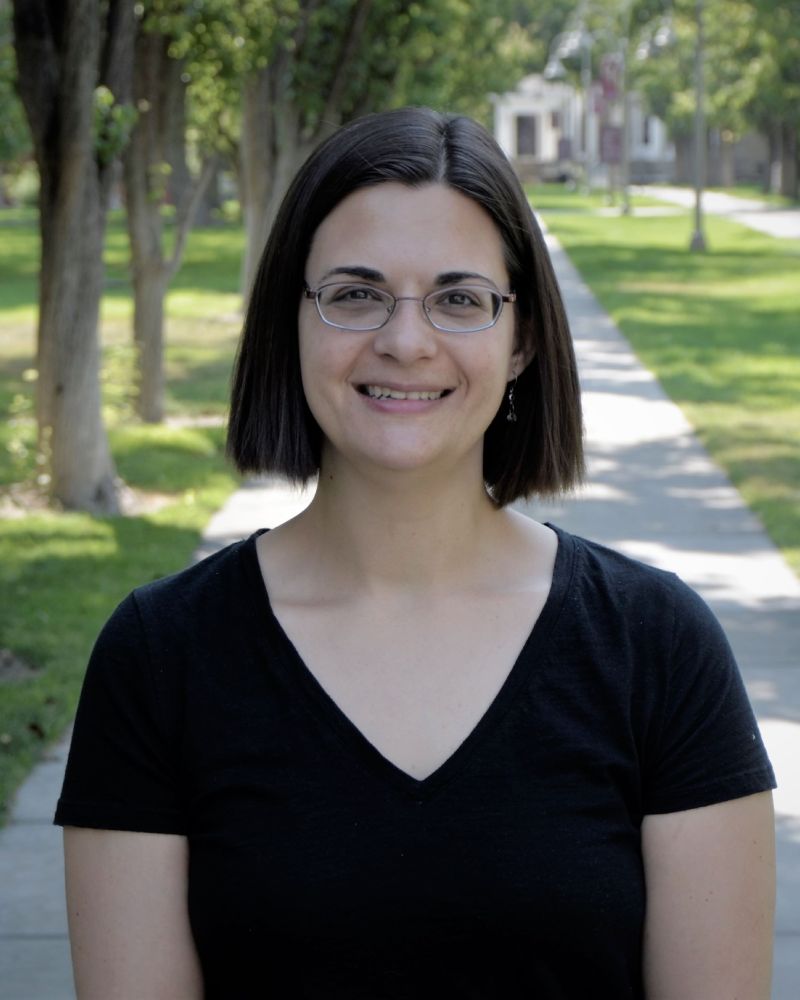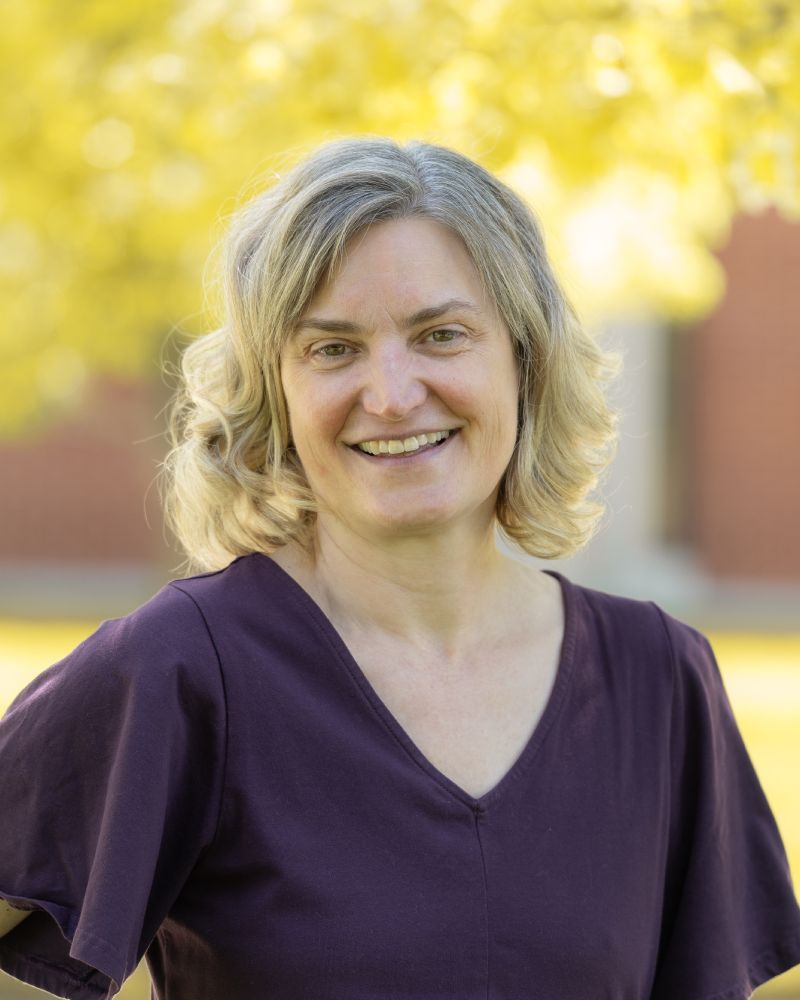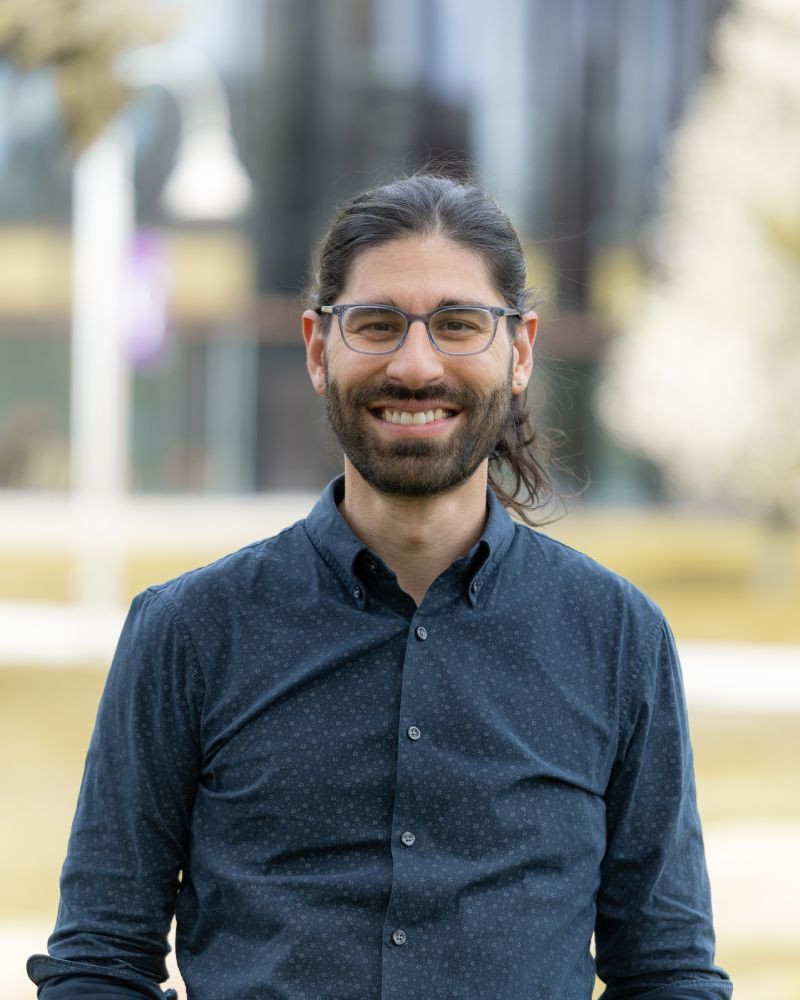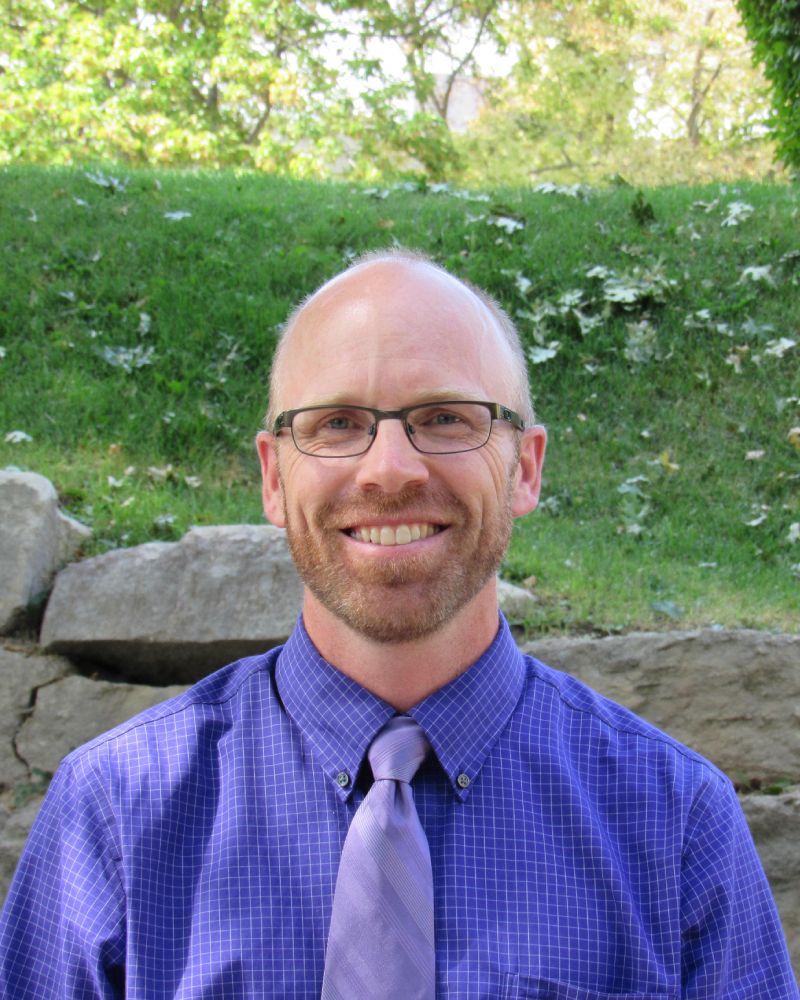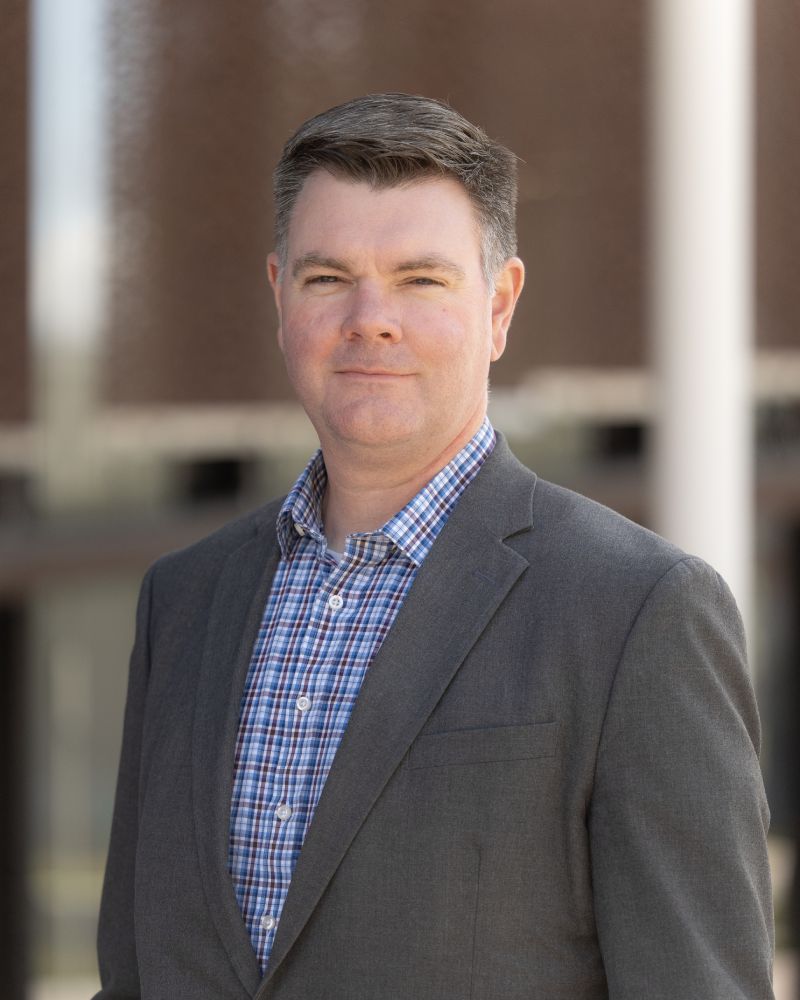
Matt McDaniel
BIO Matthew McDaniel, PhD was named the director of The College of Idaho’s M.Ed. in Educational Leadership during the Spring of 2025 upon the program’s relaunch. With well over a decade of educational leadership experience, Dr. McDaniel has held administrative positions in both the charter and traditional public education sectors spanning all grades PK-12. During his tenure as a school leader, he oversaw significant programmatic growth in each of his positions across all areas of school operation, including academic achievement, academic intervention programs, facilities management and upgrades, budget management and oversight, student behavior interventions and supports, and cultivating teachers as leaders through the deprivatization of professional practice. Dr. McDaniel holds current Idaho public education certification in the following areas: Idaho School Principal & Administrator (PK-12), Idaho Secondary Music (6-12), Idaho Secondary Spanish (6-12), Idaho Bilingual Education (K-12), Idaho English as a New Language (K-12), and Idaho Humanities (K-12). Matthew maintains a regular presence as a presenter and professional development consultant at the local, state, national, and international levels. Outside of the professional arena, Dr. McDaniel is highly involved in the local community, serving on two different nonprofit boards of directors, co-directing a local semi-professional choir, and engaging in a variety of other philanthropic efforts. He lives in Caldwell with his wife and three children. EDUCATION Ph.D., Educational Leadership, University of Idaho, 2018 M.Ed., Educational Leadership, University of Idaho, 2011 B.A, Music Education, The College of Idaho, 2007 SCHOLARSHIP & RESEARCH McDaniel, M. (2018). Authentic Leadership and Entrepreneurial Thinking in the Context of Professional Standards for Educational Leaders: Perspectives of Practicing Charter School Leaders (Doctoral dissertation). McDaniel, M. (2017). Institutional Climate and Faculty Governance in Higher Education: A Shift from Capitalist to Shared Governance Models. Workplace: A Journal for Academic Labor. Textbook Collaboration: (2012) Developed and translated the published ESL/ELL text Stepping Stones to English, La Gramática: Transición del Español al Inglés in cooperation with Shurley Instructional Materials, Inc. SPEAKING ENGAGEMENTS McDaniel, M. (2024). Authentic Leadership: Who Am I? & Deprivatizing Professional Practice. Presented at the Leadership Committee for English Education in Quebec (LCEEQ) Leadership for School Improvement Workshop Residential Series, Quebec, Canada. November 26, 2024. McDaniel, M. (2024). Response to Intervention Summit at The College of Idaho. Led and presented a daylong professional development summit on Response to Intervention for the Lewis and Clark Elementary School leadership team, College of Idaho education department faculty, and undergraduate education students. The College of Idaho, Caldwell, ID. April 11, 2024. McDaniel, M. (2024). Deprivatizing Professional Practice: A Guide to Enhancing Collective Efficacy. Presented at the World Education Summit 2024 powered by Osiris Educational. March 18-21, 2024. McDaniel, M. (2023). Leveraging Visible Learning as an Elementary School Principal. Presented at the 2023 National Association of Elementary School Principals PreK-8 Principal’s Conference. National Harbor, MD. July 10-12, 2023. McDaniel, M. (2022). Being a Building Principal in a Visible Learning School: Where to Start and Where to Go! Presented at the 2022 national Annual Visible Learning Conference. Denver, CO. July 26-27, 2022. McDaniel, M. (2021). Being a Leader in a Visible Learning School: Where to Start and Where to Go! Presented at the 2021 P20 Conference: Learning by Doing. College of Southern Idaho, Twin Falls, ID. July 13-14, 2021. McDaniel, M. (2020). Using Microteaching as a Means of Developing Collective Teacher Efficacy. Accepted for presentation at the Innovative Schools Network National Conference on Educational Innovation. Wisconsin Dells, WI. April 22-24, 2020 (conference canceled due to COVID-19). McDaniel, M. (2018). Giving your small school choir wings. Presented at Idaho Music Educators’ Association All-State Conference. Moscow, ID. February 2, 2018. ACCOMPLISHMENTS Idaho Business Review “Accomplished Under 40”, 2017
Explore More